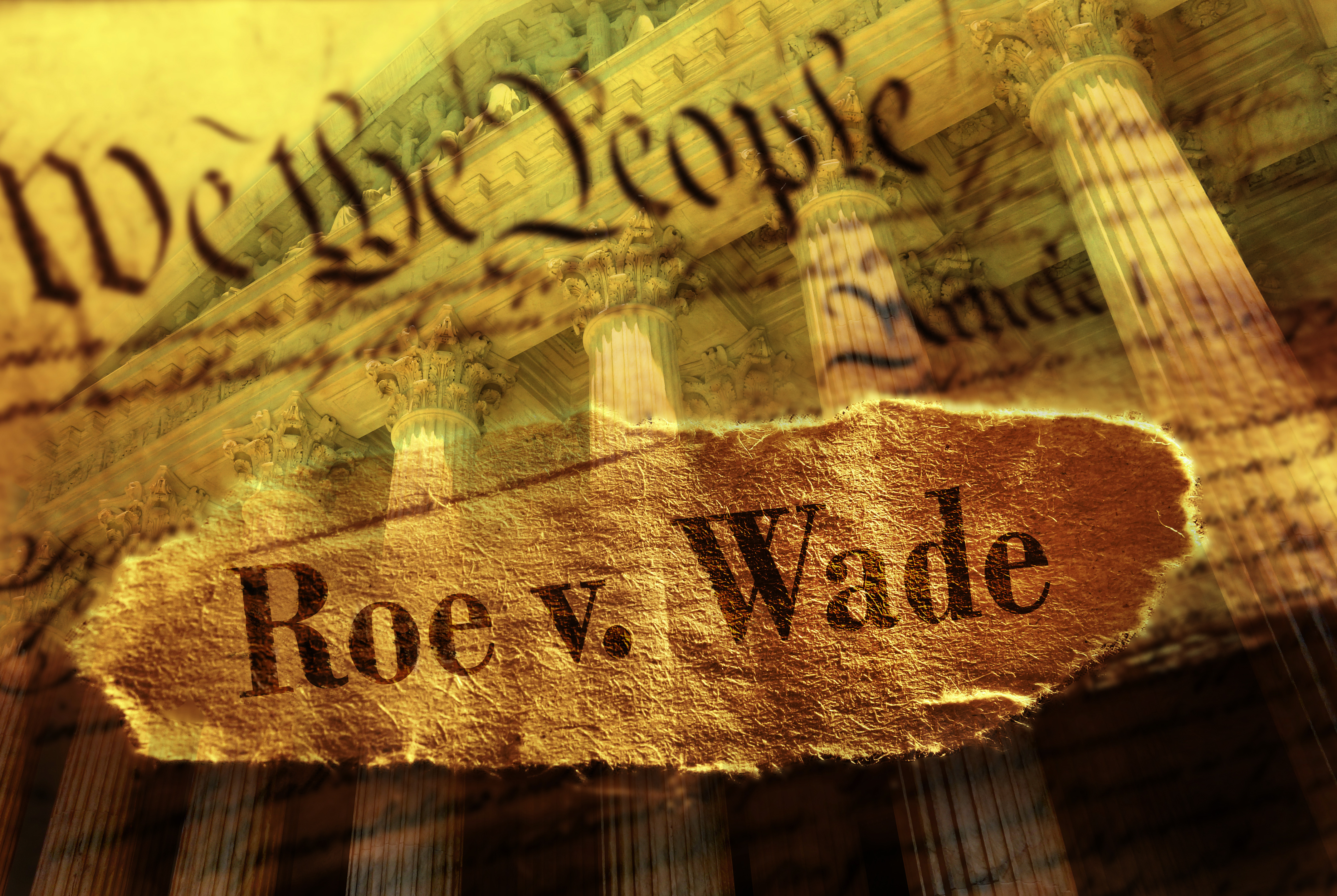If Roe v. Wade is Overturned

Most Counseling Psychologists are likely aware of the recent Supreme Court draft opinion leak that suggests the Dobbs v. Jackson Women’s Health Center ruling will overturn previous Supreme Court decisions that provide federal protections for abortion rights (including the 1973 Roe v. Wade ruling and the 1992 Casey v. Planned Parenthood ruling). If finalized, this ruling could have far-reaching impacts on the public that Counseling Psychologists serve. Over 20 states have “trigger laws” intended to go into effect after a Supreme Court ruling or pre-Roe laws that would considerably restrict or ban abortions. Banning or restricting access to abortion will certainly strip away rights from people with uteruses and must also be viewed within the context of the historical disenfranchisement in the United States of people in lower social classes, people of the global majority, transgender, non-binary, and gender expansive individuals, and other marginalized groups, who will all most likely bear a disproportionate burden as a result of this ruling.
Impact on the Public
Here are just some of the ways that research and evidence indicate that this ruling may impact the public we serve:
- Undue burden on marginalized groups. Individuals belonging to the global majority have disproportionately higher abortion rates in the US, likely as a result of larger systemic inequities that limit access to essential services, such as affordable healthcare and childcare, and contribute to greater income inequality. Therefore, individuals who belong to marginalized racial groups will likely face undue burden if living in states that restrict or ban abortion access.
- Increase in maternal mortality rate. The U.S. already has the highest maternal mortality rate of any industrialized country. Black women and Indigenous women have maternal mortality rates that are two to three times that of White women in the U.S. Research has repeatedly demonstrated that states or countries with more restrictions to abortion have higher maternal mortality rates. Restricting access to abortion will likely increase the rate of forced births, and research has demonstrated that the risk of mortality from childbirth is 14x that of mortality from abortion.
- Increased criminalization. States are already pursuing legislation to criminalize seeking an abortion, providing an abortion, or aiding in abortion access. The criminalization of pregnant people is already a significant issue in the U.S., and therefore abortion bans will add another dimension to this issue, and again, contribute to a disproportionate impact on individuals belonging to the global majority.
- Negative physical and mental health outcomes. Forced births can contribute to an array of negative health outcomes in the birthing individual. In addition, denying access to safe and legal abortion can have profound negative mental health outcomes for people with uteruses.
- Increased stigma. Abortion itself does not contribute to negative mental health outcomes. However, denying access to safe, legal abortion will likely further stigmatize the decision to have an abortion, which will impact mental health as well as physical health outcomes for those individuals grappling with the decision to end a pregnancy.
Action Steps for Counseling Psychologists
Counseling Psychologists differentiate our profession from other applied psychology fields with our emphases on cultural humility, systemic advocacy, social justice, prevention, and normative development. These areas essential to our specialty can be vital, on both large-scale and individualized levels, in the pursuit of reproductive justice. While we recognize that personally held views and experience with abortion may vary across Counseling Psychologists, it is also imperative that we root our work in scientifically-sound and ethical practice and recognize that abortion has long been viewed as a component of comprehensive reproductive health care. There are several ways that Counseling Psychologists can listen, learn, and act in this moment:
- Enhance your own knowledge. APA recently published a resolution regarding support for reproductive rights, and APA’s task force on mental health and abortion has published a comprehensive resource regarding extant literature.
- Elicit conversations regarding reproductive and sexual health. Incorporate questions related to reproductive health, and specifically abortion, into your intake assessments with clients. Holding space for disclosure and normalizing the process of abortion can decrease stigma and ultimately improve psychological well-being. Include topics related to reproductive health into classroom discussions and in clinical training for students.
- Consider advocacy within your organizations. Explore how reproductive justice impacts the population with which you work and consider how you might use your position to bring awareness to this issue and advocate for systemic change.
Restricting access to abortion will not reduce the number of abortions that occur. Instead, bans and restrictions will cause undue hardship, exacerbate health complications, increase financial burden, worsen mental health outcomes, increase criminalization, and potentially lead to unsafe abortion practices. All of these outcomes will, in one way or another, impact the individuals and communities that we serve, and therefore our knowledge and informed actions will not only be beneficial, but critical, in our daily work.

Kavitha D. Venkateswaran, Ph.D. (she/her) is a staff psychologist at the Clement J. Zablocki VA Medical Center in Milwaukee, WI where she specializes in women’s health. Her clinical interests include complex trauma, sleep disorders, perinatal mood and anxiety issues, and race-based stress and trauma.
|



